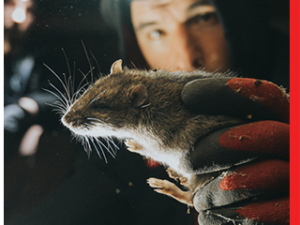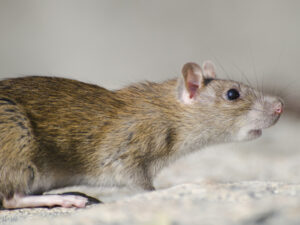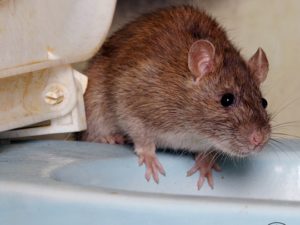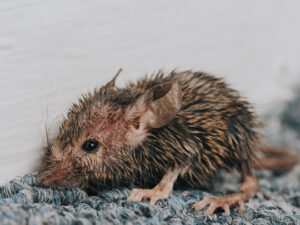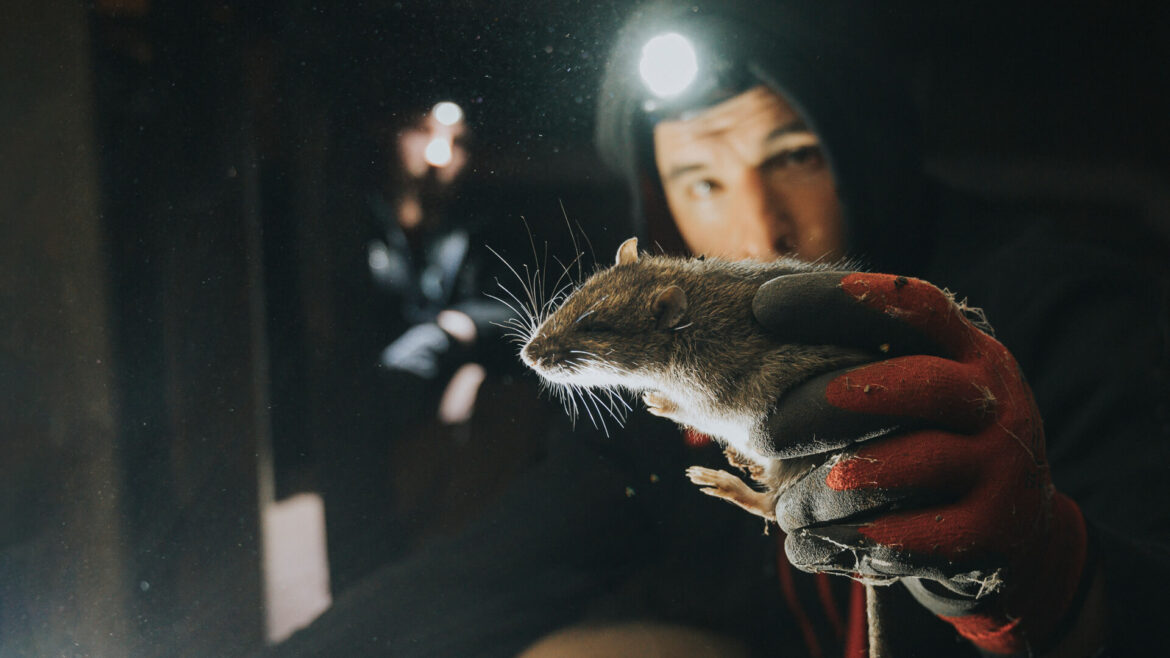
One of the big fears with any pandemic is that it may be spread by animals, and this has prompted researchers to study a range of animals to see if they can be infected with COVID-19 and if they can then spread it to humans. The results of these studies showed that indeed some animals can be infested, and they can then spread the disease to humans. The animals in question include dogs, cats, farmed minks, and certain zoo animals that had the disease, and who might have been infected by humans.
The odds of an animal becoming infected with SARS-CoV-2 will depend on its genetics and ecology. The biology of the animal will also affect how capable it is of spreading the disease. For example, some animals may have the capacity to be infected with the virus, but their body will not shed it and thus it will not spread it to other animals. You also have situations where an animal is highly susceptible to a virus, and because it lives in close proximity to other members of its species, the transmission becomes very fast. This was the case with farmed minks.
Norway rats also live in close proximity with each other, often in nests that have very high population densities. In urban areas, they also travel through the sewer system, and there have been reports of SARS-CoV-2 being detected in the wastewater. However, studies have found that the Norway rat is not susceptible to this strain of the virus.
The real issue however is mutation. In a laboratory setting, after passing through several mice, researchers noticed that the virus has evolved new infection mechanisms. What this suggests is that previously resistant hosts may become susceptible over time. And we can already see this happening with new strains, variations and mutations of the virus coming out of India, South Africa, Brazil and the United Kingdom.
For the time being however, rats are not a vector for infection, which is good news, since they live in close proximity to humans, and their sheer numbers and reproductive capacity would help the virus spread and mutate faster. Still, to be on the safe side, you want to remove any rat infestation on your property. Contact us today if you have noticed signs of a rat infestation, and we will send someone over to help you with the inspection and control processes.

